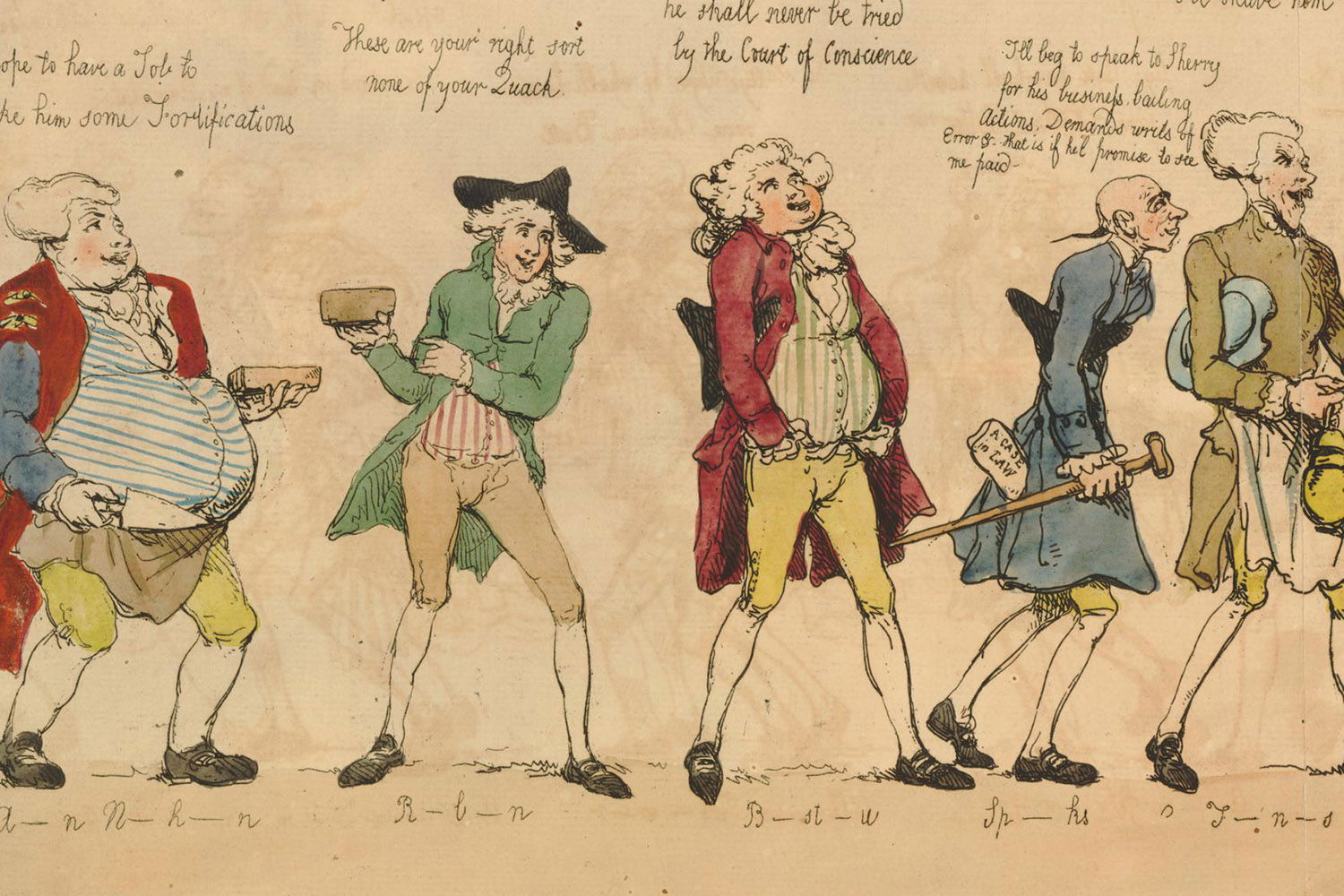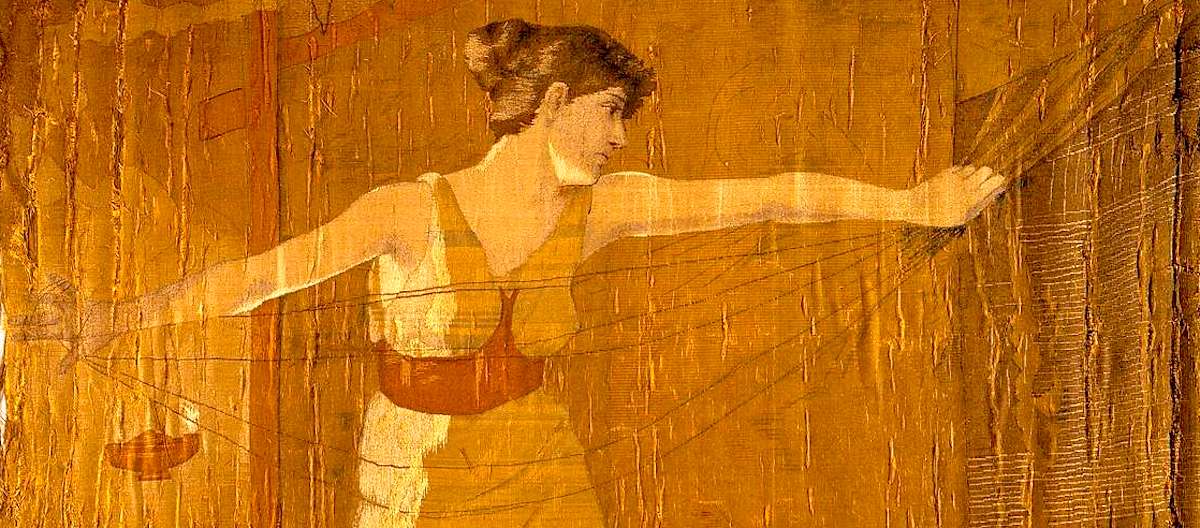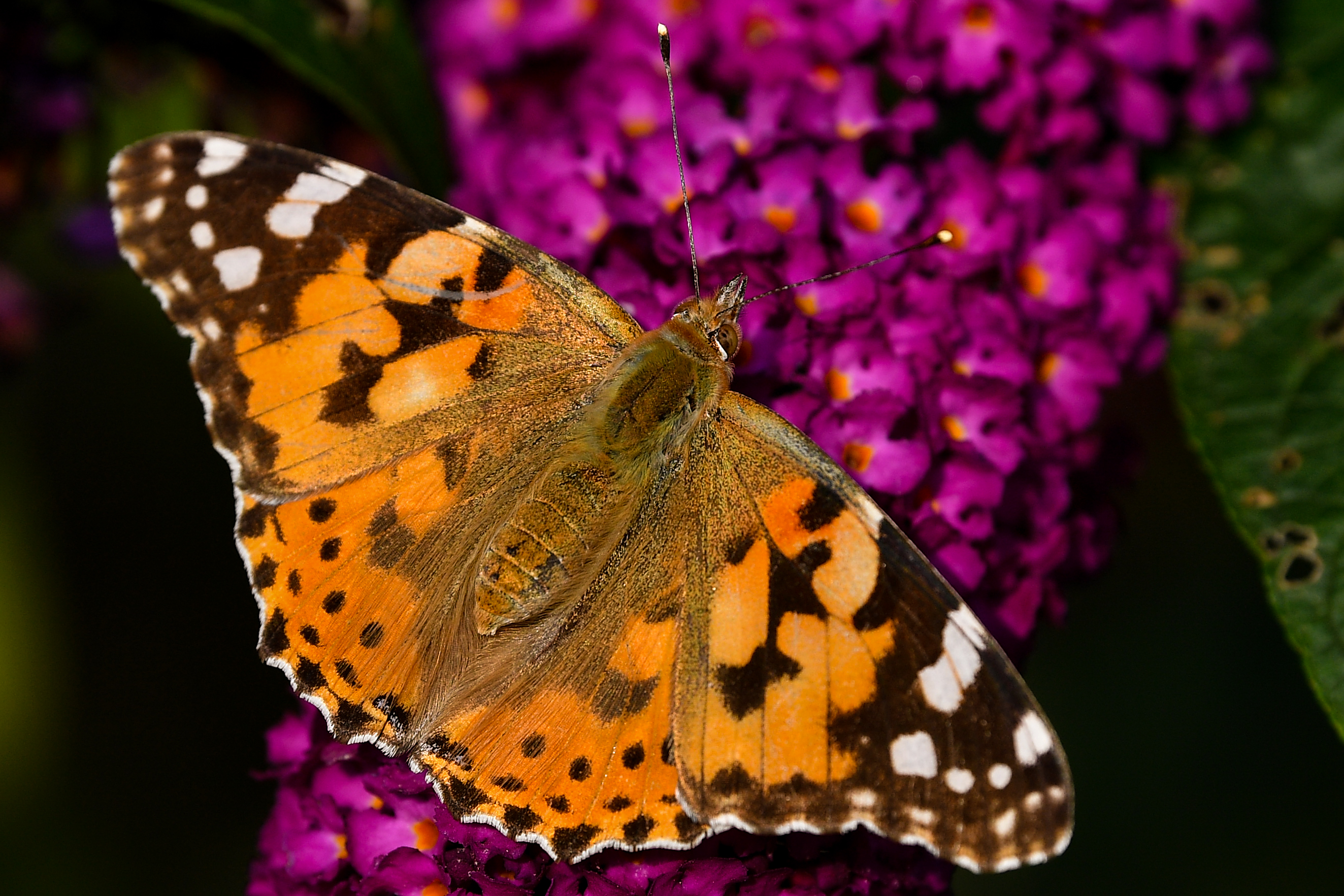And so for the last time this year here is my monthly round-up of links to items you may have previously missed. And this month we have a bumper crop …
Science, Technology, Natural World
Our favourite Cosmologist, Katie Mack, explains the vastness of space and the universe, and what it means. [LONG READ]
The Voyager spacecraft are still sending surprise data back to Earth after over 40years.
It looks as if Earth may have captured a 1960s rocket booster.
Even nearer to home, and following up on a report from a couple of months back, researchers continue to investigate fluorescence amongst Australia’s marsupials.
A non-native dormouse (below) has been found in England’s New Forest after apparently arriving from France as a stowaway.
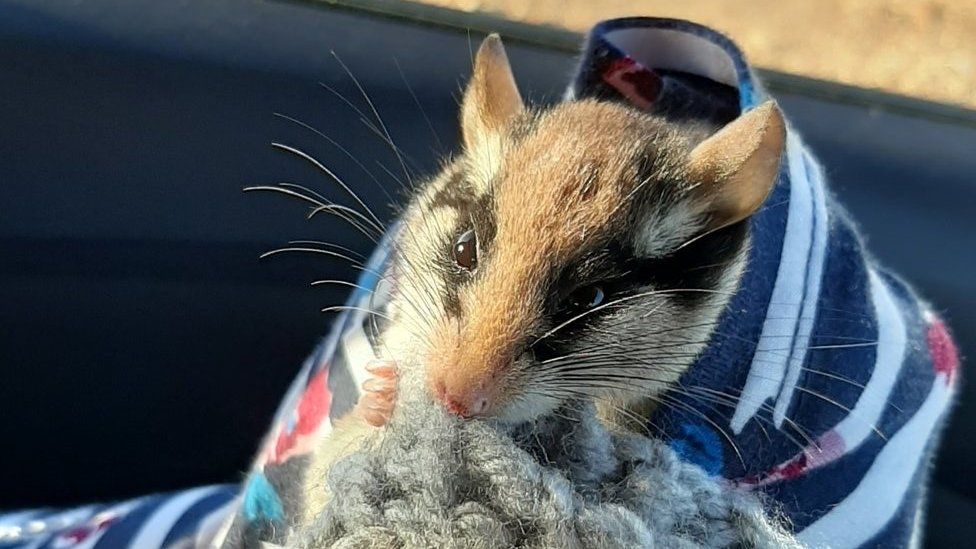
Researchers are using ivory from a 16th-century shipwreck off Africa to discover more about African elephants.
Scientists at the Royal Botanic Gardens, Kew have described over 150 new plant species this year; almost 20% are fungi and a third are orchids, including the world’s ugliest orchid. Six of the new species are from the UK.
Mistletoe is a much misunderstood plant. Here are two articles: the first about its strange parasitic way of life [LONG READ], the second about it’s strange genetics.

Scientists are coming to realise that there are many species which are so alike they’ve been classified as a single species; but now DNA is helping to separate them.
Finally in this section, we’re right back down to Earth … rocks mined over 200 years ago in Cornwall have yielded a hitherto unknown mineral, which has been christened Kernowite.
Sexuality
A more than slightly worrying account of FGM in Victorian England.
On how our medieval Christian ancestors did not treat sex with the utmost reverence, despite the protestations of Holy Mother Church.
Male masturbation has long been considered by society as shameful and harmful, but it is now receiving medical approval.
A few things here I didn’t know about the menopause (why would I?) although most I did.
Environment
2020 has been a good year for England’s beavers. Here are two BBC reports: first a general overview; and second on the first beaver dam on Exmoor for 400 years.
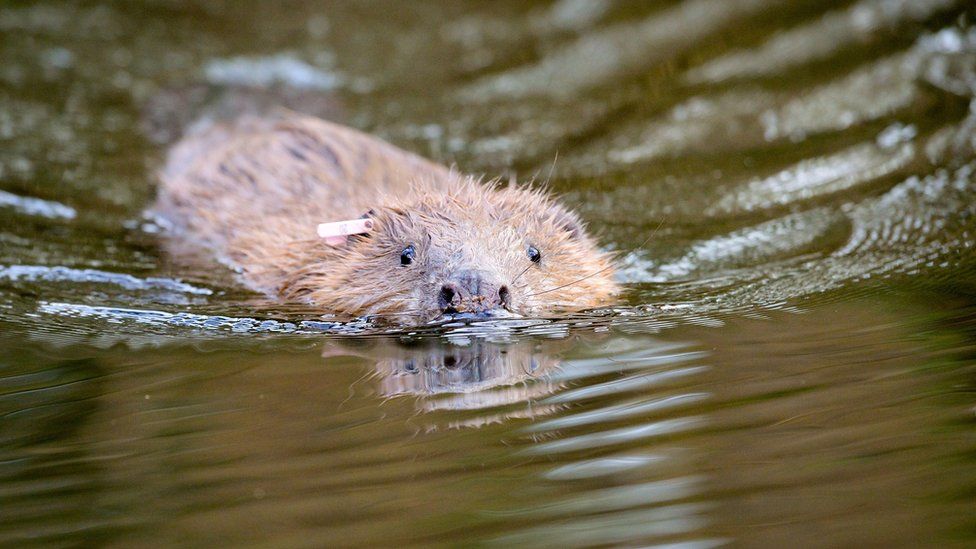
There’s a plan afoot to boost biodiversity by encouraging natural wildflower meadows on the verges of new roads in England.
Social Sciences, Business, Law
Two years ago Gatwick Airport was shut down by sightings of drones. The culprits have never been found and the whole incident remains mired in mystery, as the Guardian report. [LONG READ]
Art, Literature, Language
What’s on a 70-year-old roll of unprocessed film? Someone unidentified’s long lost holiday snaps.
A very amusing erotic Greek terracotta vase.
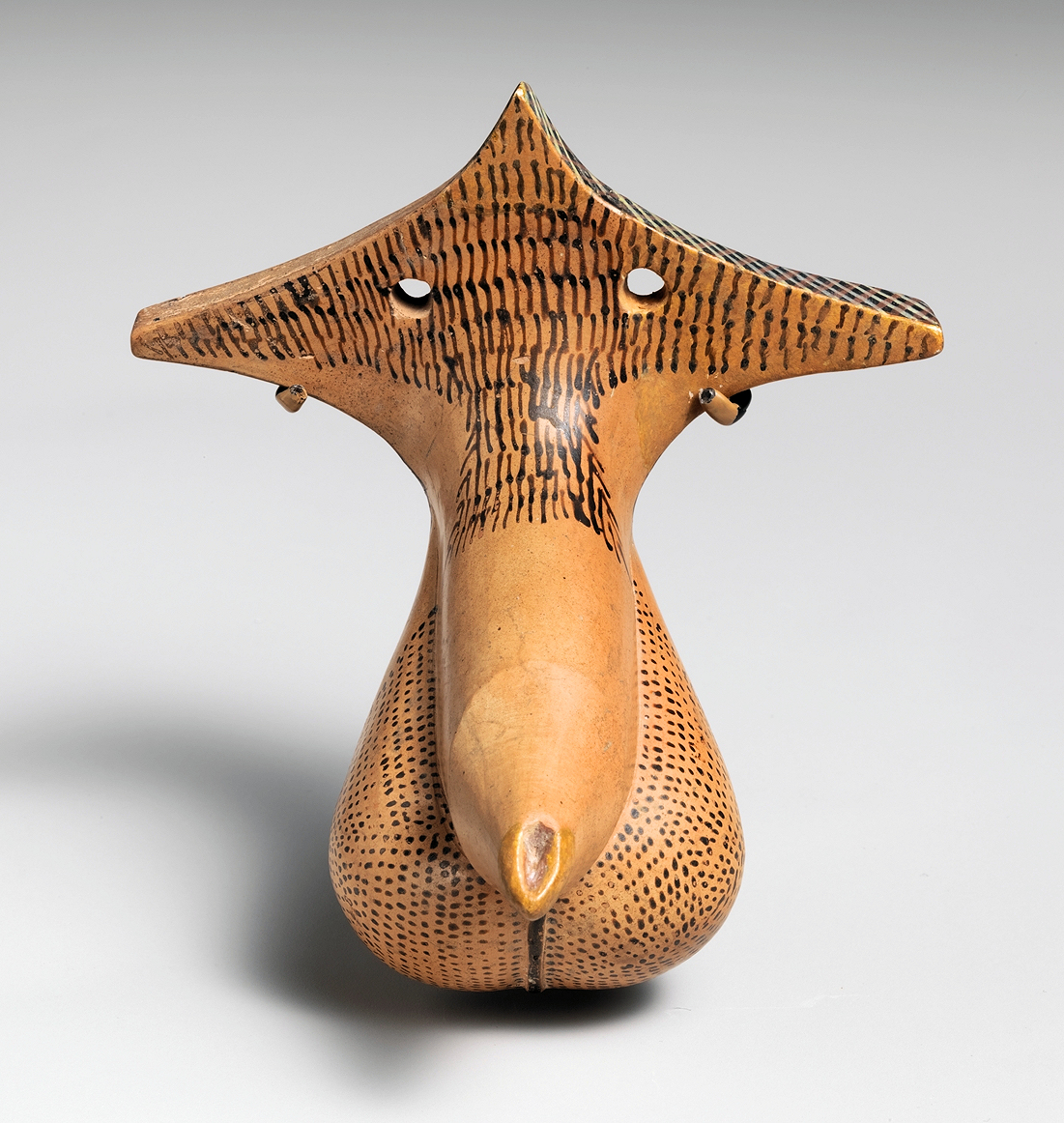
History, Archaeology, Anthropology
Archaeologists have discovered a stunning collection of ancient rock art deep in the remote Amazon forest. Two reports from the Guardian and the BBC.

Meanwhile in England archaeologists have uncovered a large mid-5th-century mosaic at Chedworth Roman Villa.
29 December 2020 was thee 850th anniversary of the murder of Thomas Becket; an event which shook the Middle Ages.
On the meaning of Advent in medieval times.
Refurbishment of an unpreposessing shop in the London suburb of Chipping Barnet has revealed a wooden framework dating from 14th-century.
London
IanVisits explores the mystery of Dick Whittington’s stone in Highgate.
Food, Drink
Well who would have guessed that we would have domesticated yeast by making bread?
There is a current suggestion that an appreciation of wine increases with age.
Lifestyle, Personal Development, Beliefs
2020 has seen many of us curtail the amount of personal grooming we do. Three women tell the Guardian about their experiences of changing their hair care routine.
And finally … scars tell the stories of our survival: five people tell Laura Dodsworth the stories of their scars.
That’s all folks! More next month, DV.





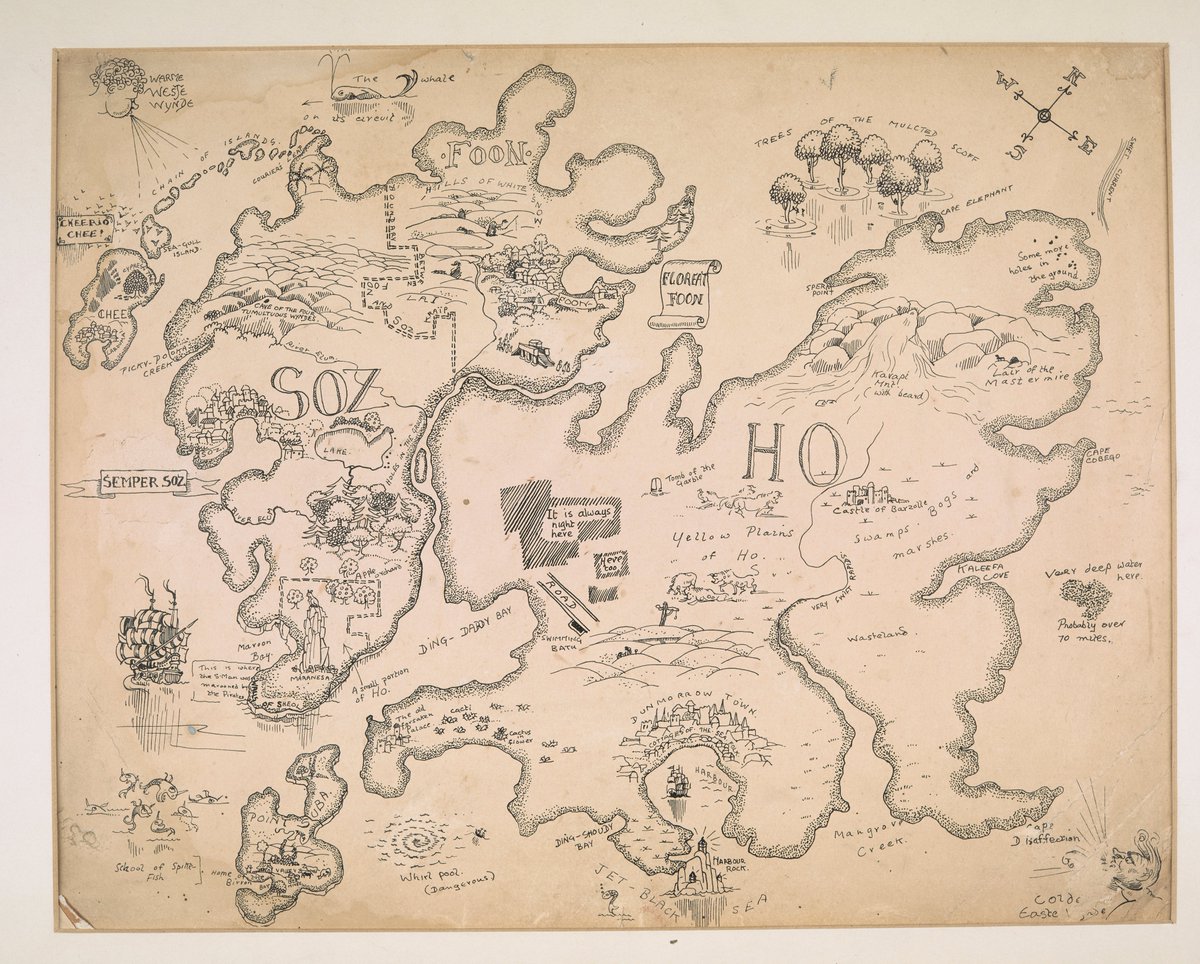
 So how old is the
So how old is the 
